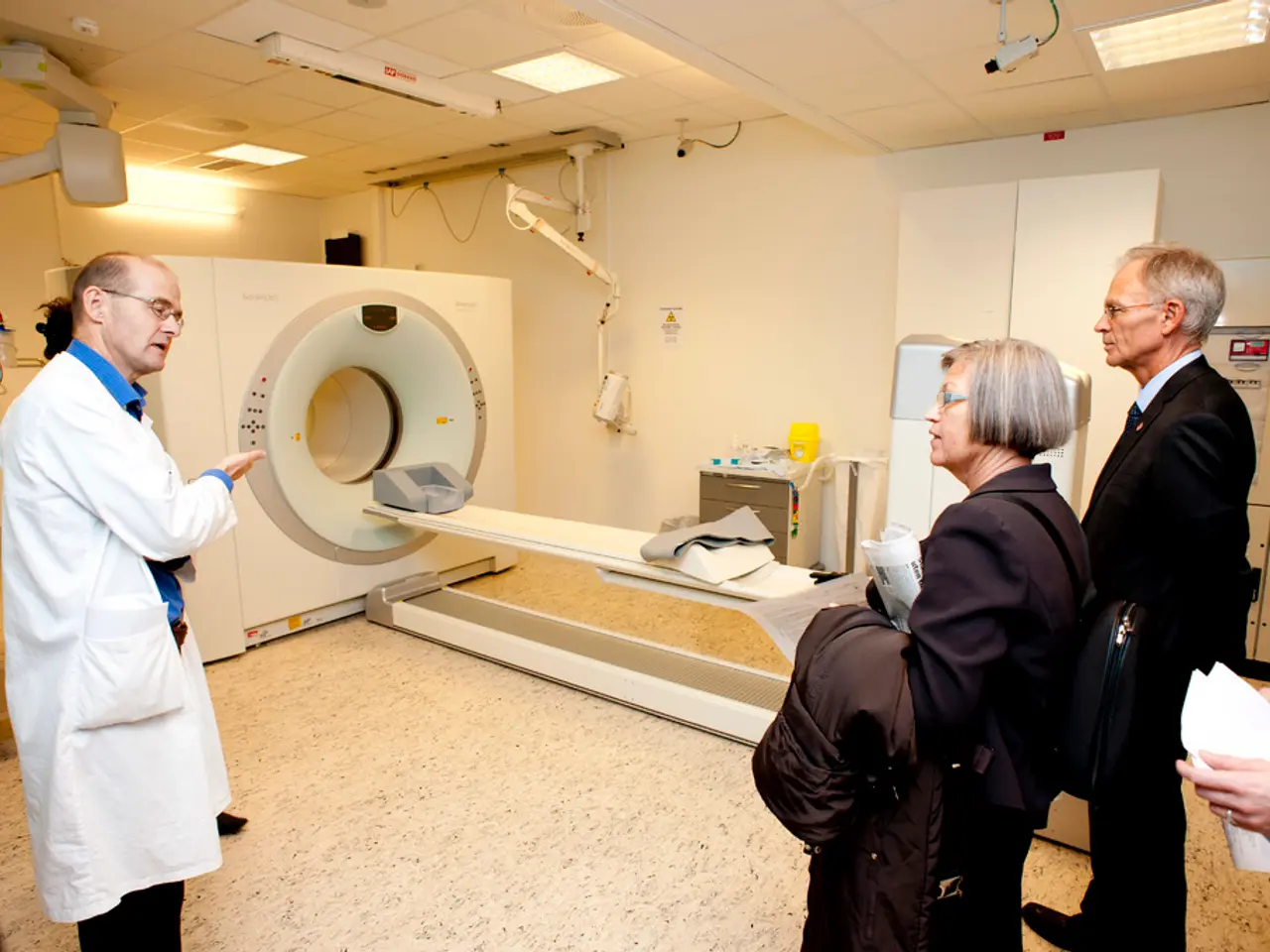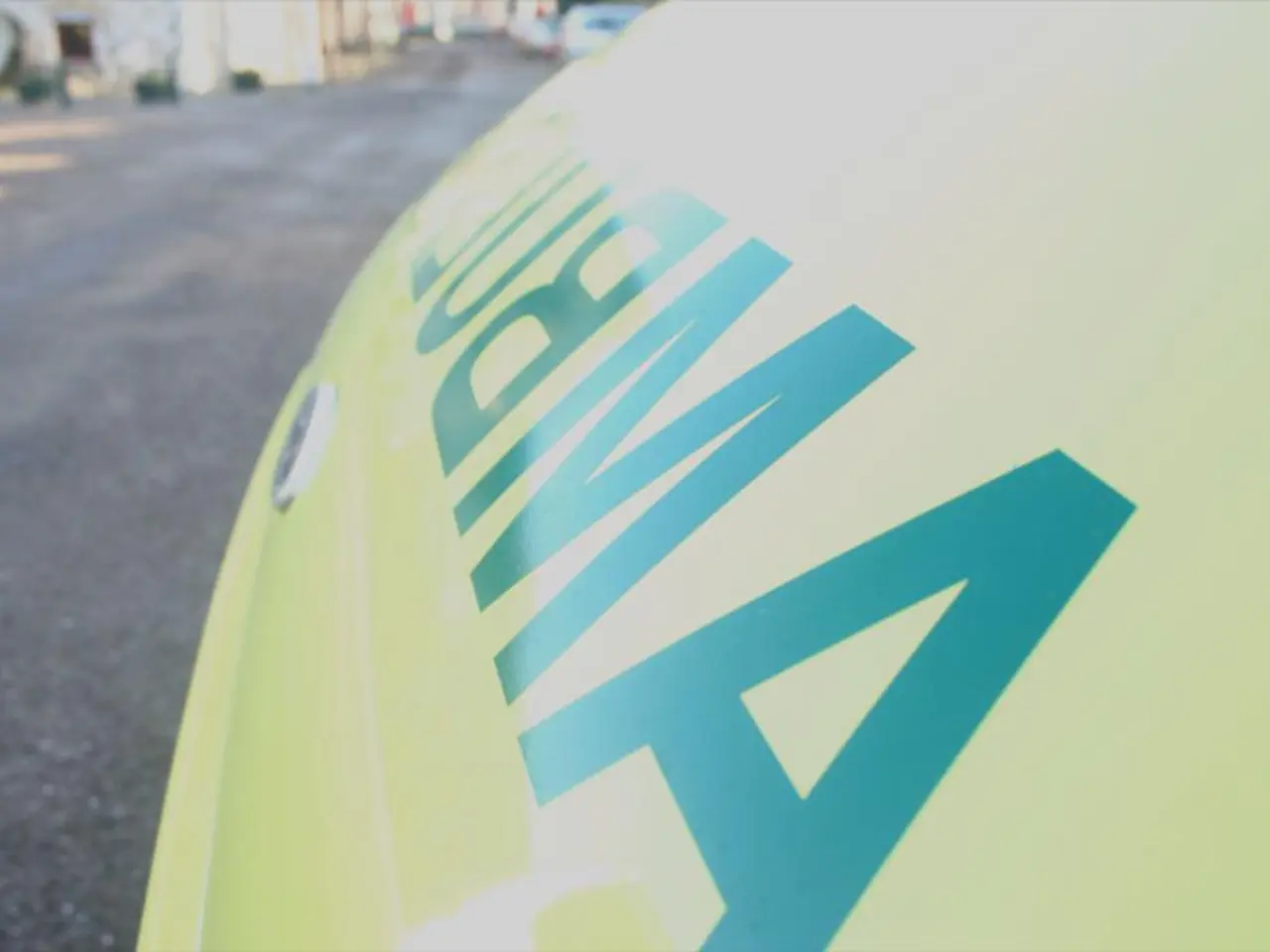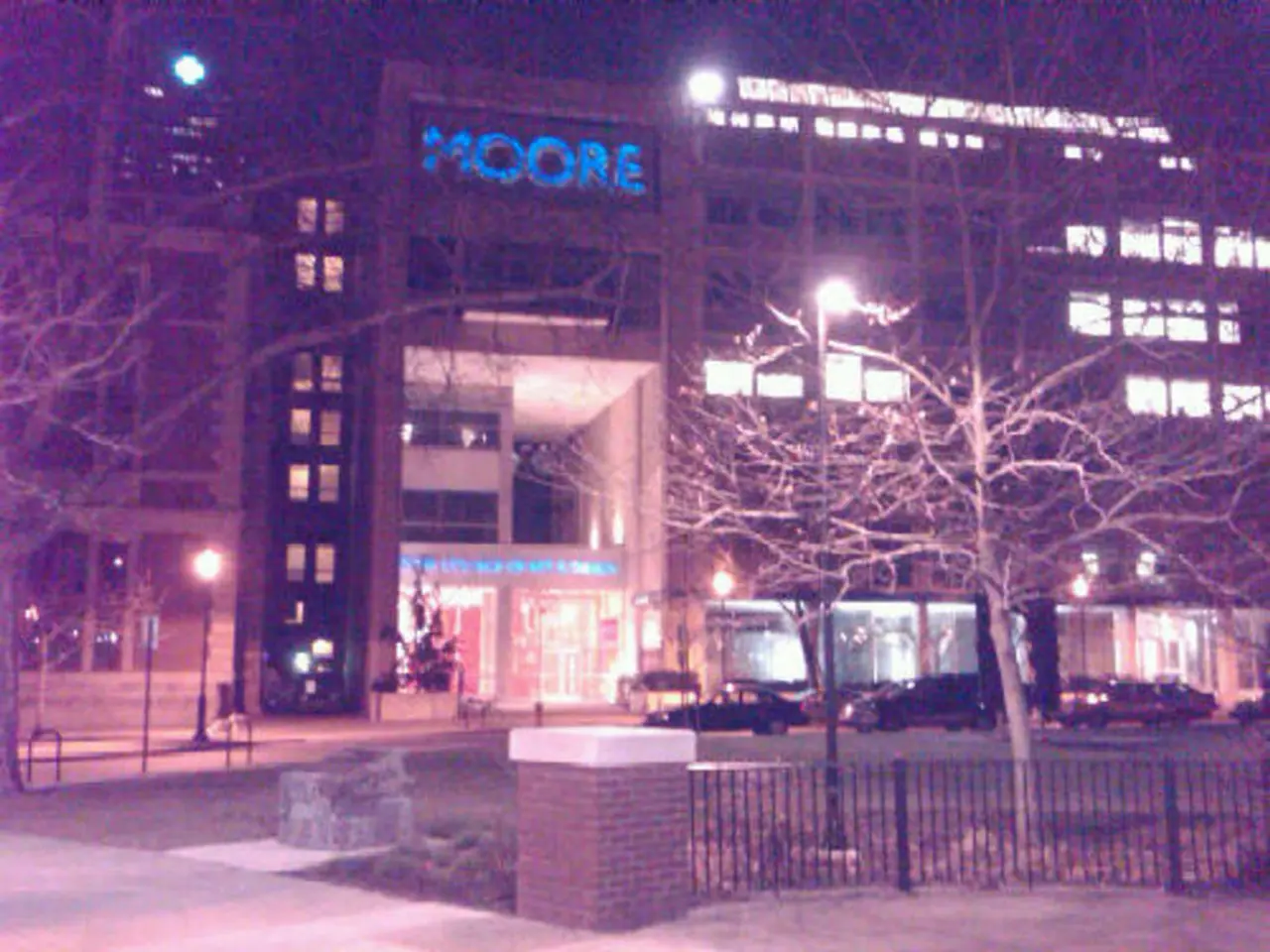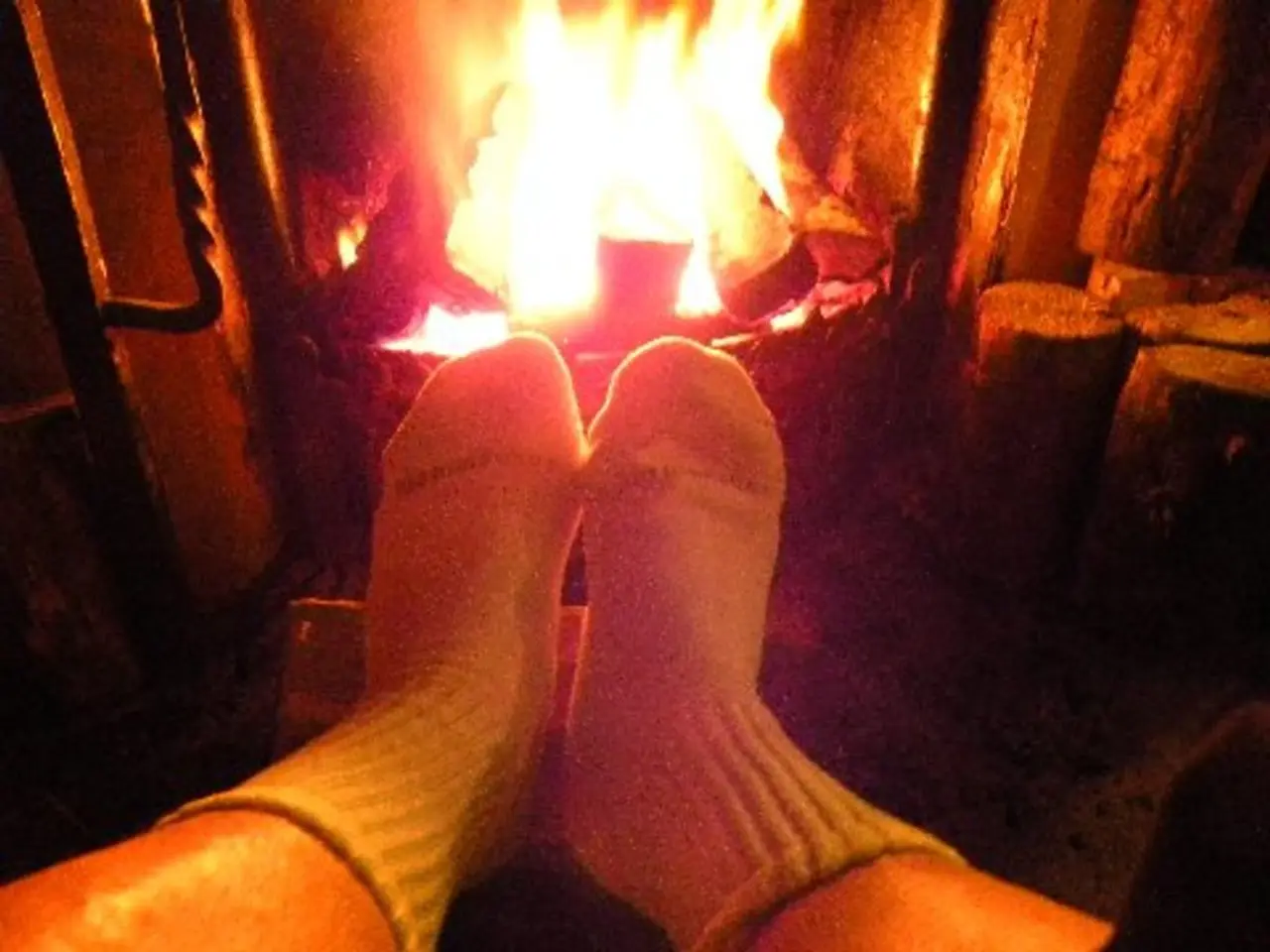Medicare's coverage for nebulizers: expenses, regulations, and further details
In the realm of healthcare, accessibility and affordability are paramount, especially for individuals dealing with chronic respiratory conditions. One such essential piece of equipment that aids in the treatment of these conditions is the nebulizer. This article sheds light on how Medicare, a government-funded health insurance programme for senior citizens and individuals with disabilities, covers the costs associated with nebulizers.
Firstly, it's essential to note that Medicare Part B covers nebulizers, replacement parts, repairs, and full device replacements, provided certain conditions are met. For instance, Medicare Part B pays 80% of the cost of nebulizers and related accessories after an individual meets the annual Part B deductible ($185 in 2025).
However, for coverage, the nebulizer and its accessories must be prescribed by a doctor who provides a signed prescription stating that the device and supply accessories are medically necessary and designated for home use. Moreover, a person must have a diagnosis confirming the need for a nebulizer, often chronic respiratory conditions such as COPD or cystic fibrosis. The prescription and application for the nebulizer should occur within six months of an in-person visit to a Medicare-approved provider.
Medicare covers repairs and replacement parts (e.g., tubing, air compressor, medication cups, mouthpieces, masks) over the life of the device. If the nebulizer is lost, stolen, or damaged beyond repair within about five years, Medicare will cover a replacement, provided you supply proof. Similarly, Medicare also covers full device replacement if the nebulizer has reached the end of its "reasonable lifetime," generally around five years of use.
To maximise coverage, purchases or rentals should be from Medicare-approved suppliers that accept assignment. This means you pay only 20% coinsurance after deductible. It's also worth mentioning that the nebulized medications delivered via the device are covered under Part B when administered at home, unlike similar medications delivered by inhalers that may fall under Part D coverage.
For those with Medicare Advantage plans, costs for nebulizers may vary depending on their specific plan. It's always advisable to check with the plan provider for detailed information.
In the case of Medicaid, the coverage for nebulizers is similar to that of Medicare, as both programmes follow the same rules.
Medigap, a supplementary insurance, can help those with Original Medicare pay for some out-of-pocket expenses, including copayments, deductibles, and coinsurance. However, it's important to note that Medigap does not cover the cost of long-term care, vision or dental care, hearing aids, eyeglasses, or private-duty nursing.
In summary, Medicare's coverage for nebulizers ensures beneficiaries with qualifying respiratory conditions can maintain access to necessary equipment for effective at-home treatment. However, it's crucial to adhere to replacement timelines, documentation requirements, and use approved suppliers to maximise coverage.
Before using a nebulizer for the first time, doctors often train a person to use their new equipment. Nebulizers are medical devices that convert liquid medication into a fine mist for inhalation, powered by a battery or electrical socket. They can be small and portable or larger tabletop models.
Nebulizers are used to treat a variety of respiratory conditions such as asthma, bronchitis, bronchiectasis, COPD, cystic fibrosis, and respiratory infections, making them an indispensable tool in the fight against these conditions.
- Coverage for nebulizers and related accessories, including replacement parts and repairs, is provided by Medicare Part B when certain conditions are met, with individuals paying 80% of the cost after meeting the annual Part B deductible.
- For Medicare coverage, the nebulizer and its accessories must be prescribed by a doctor and designated for home use, with a signed prescription stating they are medically necessary for individuals dealing with chronic respiratory conditions like COPD or cystic fibrosis.
- Nebulizers are covered by Medicare for various health-and-wellness purposes, such as treating respiratory conditions like asthma, bronchitis, COPD, cystic fibrosis, and respiratory infections, thereby ensuring beneficiaries can maintain effective at-home treatment for these medical-conditions.




